Solo travel sounds amazing in theory. The freedom to explore at your own pace, discover hidden gems without compromise, and have those transformative moments you see portrayed in movies. Yet when reality hits, suddenly your brain starts running through every possible disaster scenario. What if you get lost? What if something goes wrong and nobody knows where you are? What if you’re just… lonely?
These worries are completely normal—even seasoned travelers get butterflies before their first solo adventure. The good news is that most solo travel anxiety stems from the unknown, though there are plenty of practical ways to shrink that scary unknown into manageable, bite-sized pieces.
Here are 16 proven strategies to help you kick that travel anxiety to the curb and actually enjoy your solo adventure.
Start Small
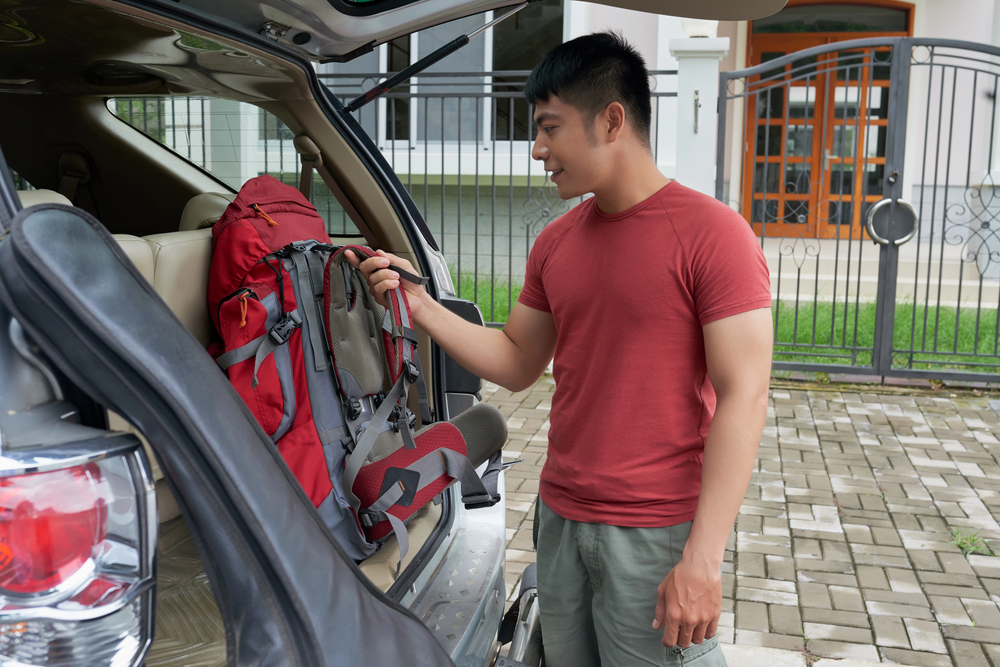
Think of solo travel like learning to swim—you don’t jump into the deep end on day one. Pick a destination that’s relatively close to home for your first solo trip. Maybe a city that’s just a few hours away by car or a short domestic flight. This approach gives you all the benefits of solo travel without the added stress of navigating a completely foreign culture or dealing with massive time zone changes. You’ll build confidence with each successful solo experience. Plus, if something does go wrong—you’re not stuck halfway across the world trying to figure it out.
Research Like Your Life Depends on It

Knowledge really is power when it comes to travel anxiety. Spend time learning about your destination before you go; not just the tourist attractions, but practical stuff like how public transportation works. What’s the tipping culture like? Which neighborhoods should you avoid at night? Read recent reviews from other solo travelers, check out local blogs, and browse travel forums for insider tips. The more familiar a place feels before you arrive—the less your brain will treat it as a threat. Think of research as your security blanket. It won’t prevent every surprise, but it’ll help you handle whatever comes up.
Share Your Itinerary
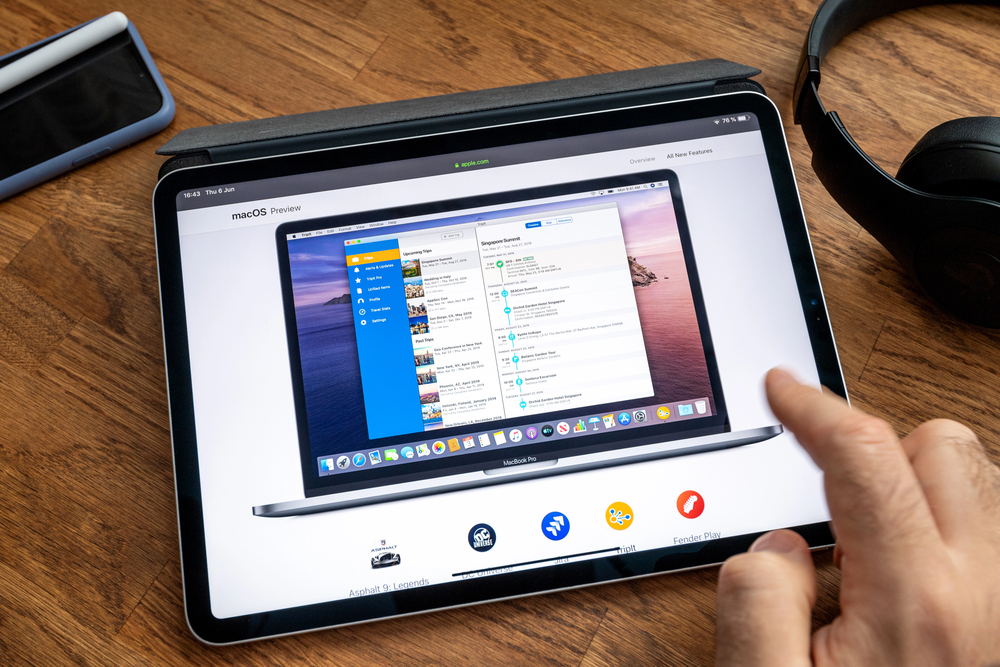
Tell someone you trust exactly where you’re going and when. This doesn’t mean you need to account for every minute of your trip—but share your flight details, hotel information, and general plans with a friend or family member back home. Set up regular check-in times. Maybe a quick text every couple of days or a phone call at the end of each major destination. This simple step gives you a safety net while giving your loved ones peace of mind. Many solo travelers use apps like TripIt or simply share a Google Doc with their basic itinerary—whatever works for your communication style.
Master the Art of Looking Confident
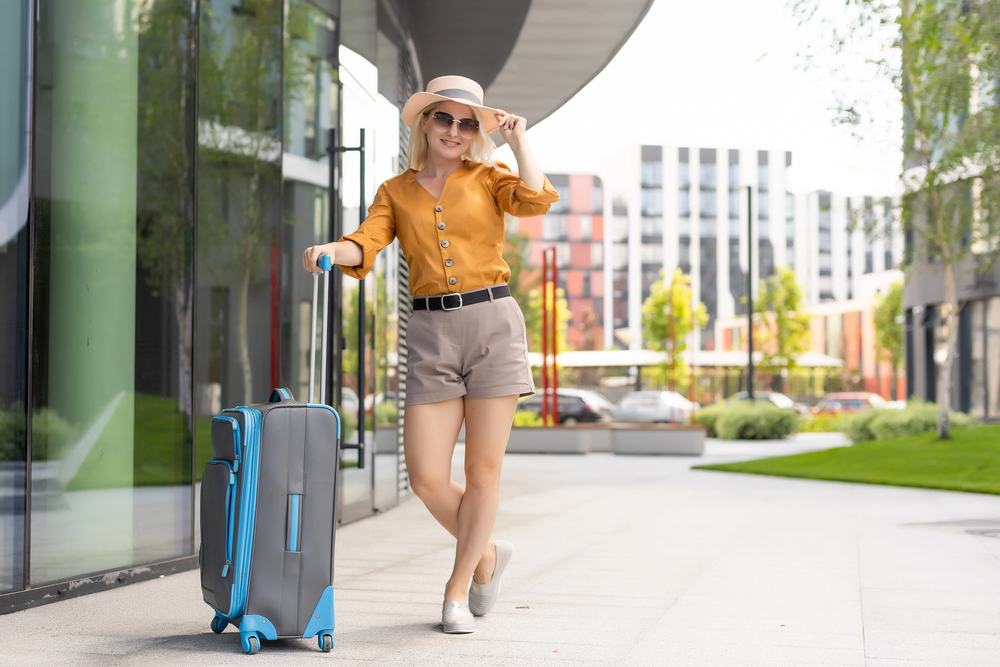
Confidence is like a superpower when you’re traveling alone. The best part? You can fake it until you make it. Walk with purpose, even if you’re not entirely sure where you’re going. Keep your phone handy for navigation—but try not to stand in the middle of busy areas looking obviously lost and confused. Duck into a coffee shop or restaurant to get your bearings instead. Dress appropriately for your destination while avoiding anything that screams ‘tourist’. Save the fanny pack and camera strap for when you’re more comfortable. The goal isn’t to blend in completely—but to avoid looking like an easy target for scammers or overly helpful strangers with questionable motives.
Choose Your Accommodations Wisely
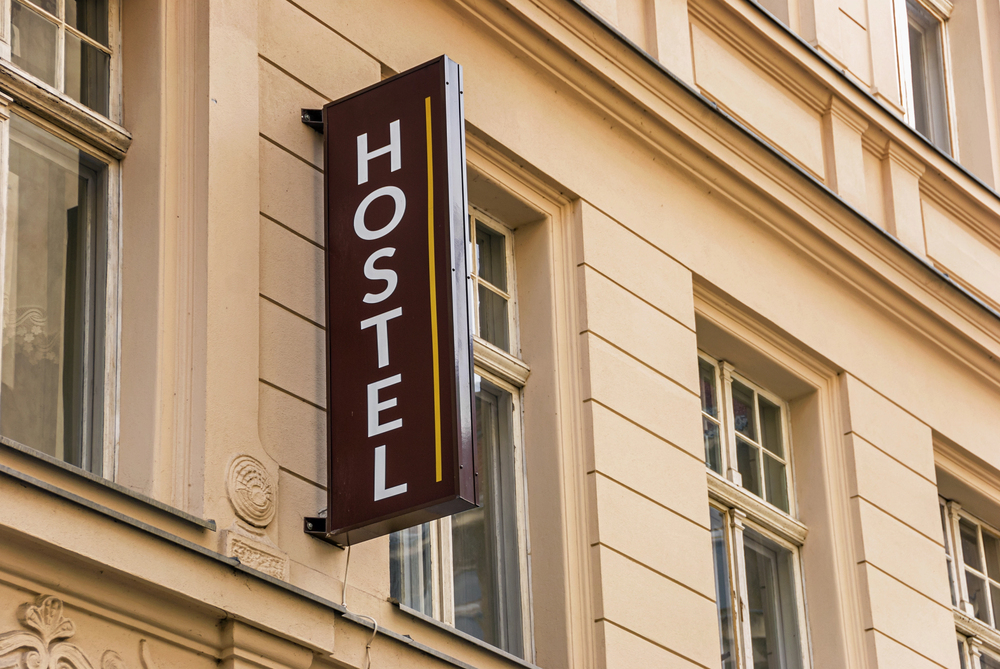
Where you stay can make or break your solo travel experience. Hostels are fantastic for meeting other travelers; they often have staff who speak multiple languages and know the area well. If hostels aren’t your thing—look for hotels or guesthouses with good reviews that specifically mention solo travelers feeling safe and welcome. Location matters more when you’re alone. Staying in a well-connected area near public transportation and main attractions means less time wandering around unfamiliar neighborhoods after dark. Many booking sites now have filters for solo traveler-friendly accommodations, which can save you hours of research.
Pack Smart, Not Heavy
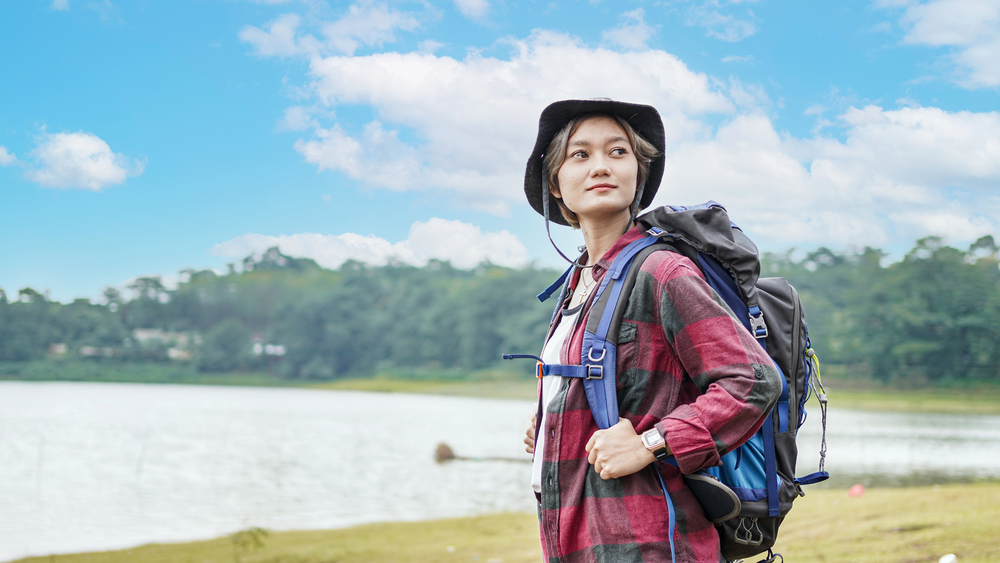
Overpacking is anxiety in luggage form. The more stuff you’re dragging around—the more stressed you’ll feel navigating airports, train stations, and hotel lobbies. Stick to versatile clothing pieces that you can mix and match. Choose shoes that work for both walking tours and nice dinners. Rolling your clothes instead of folding saves space while preventing wrinkles. Most importantly, pack a small day bag that you can use for exploring. Something comfortable that holds your essentials without making you look like you’re not relocating permanently. Remember, you can buy almost anything you forgot at your destination—but you can’t buy a new back after hauling a 50-pound suitcase up three flights of stairs.
Learn Key Phrases

— Photo by dimarik
You don’t need to become fluent in the local language—though learning a handful of essential phrases can boost your confidence tremendously. Focus on practical stuff like ‘Where is the bathroom?’, ‘How much does this cost?’, ‘Can you help me?’, and ‘I don’t speak [language] very well.’ Most locals appreciate the effort, even if your pronunciation is terrible. Download a translation app as backup—but don’t rely on it completely since internet connections can be spotty. Write down your hotel address in the local language and keep it in your wallet. This simple trick has saved countless travelers from getting lost on their way home.
Embrace Technology
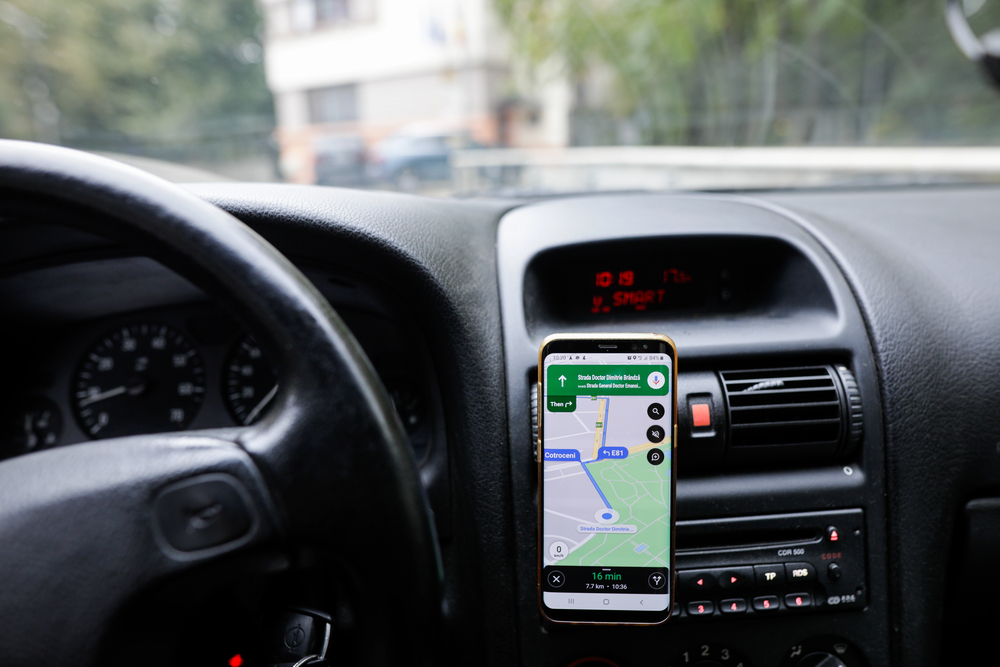
— Photo by Mircea Moira
Your smartphone is basically a travel superhero in your pocket. Download offline maps before you leave home so you can navigate even without internet. Travel apps like Citymapper for public transportation, XE Currency for money conversion—and Google Translate for language barriers can solve most common travel headaches. Consider getting an international phone plan or local SIM card so you’re never completely cut off from communication. Portable phone chargers are essential. There’s nothing quite like the panic of a dead phone battery when you’re trying to find your way back to your hotel in an unfamiliar city.
Plan Your Transportation
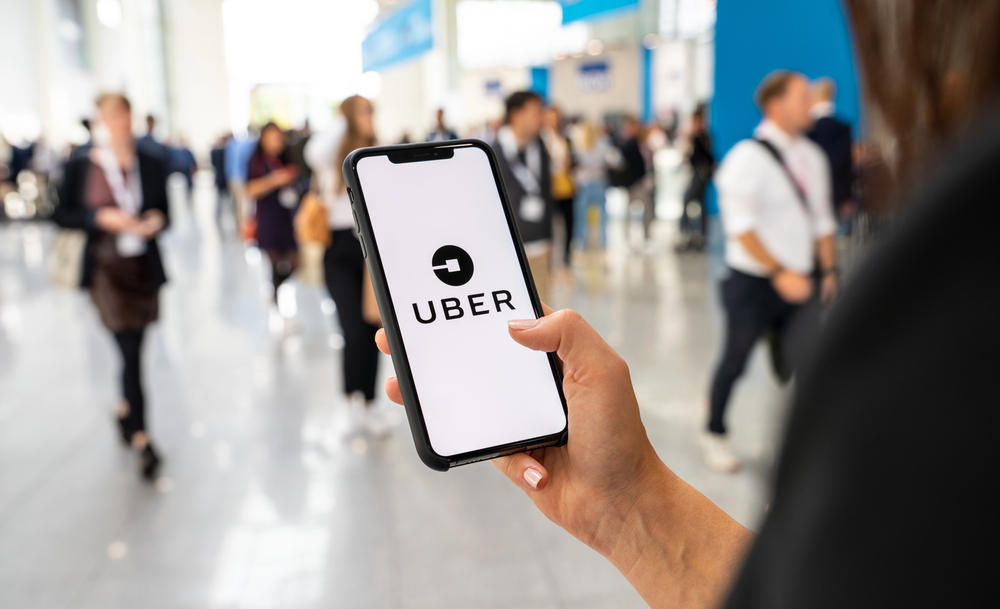
— Photo by rclassenlayouts
Nothing cranks up travel anxiety like standing in a foreign airport with no idea how to get to your hotel. Research transportation options from the airport to your accommodation ahead of time—and have a backup plan. Many cities have official airport transportation services that might cost a bit more than local options yet provide peace of mind for solo travelers. If you’re using rideshare apps, download them before you travel while adding your payment information when you still have reliable internet. For longer distances, book train or bus tickets in advance when possible. It’s one less thing to worry about when you arrive.
Trust Your Gut
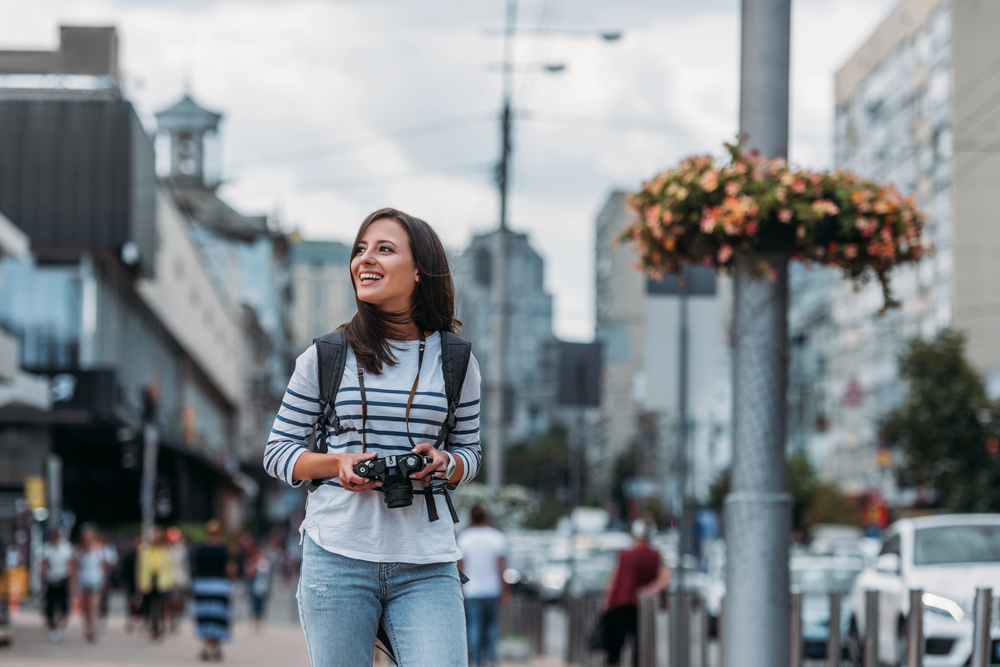
Your instincts are incredibly powerful tools, especially when you’re in unfamiliar territory. If a situation, person, or place feels off—trust that feeling and remove yourself from the situation. This doesn’t mean being paranoid about everything—though it does mean paying attention to your internal alarm system. If someone approaches you with an overly friendly offer that seems too good to be true, it probably is. If a neighborhood feels unsafe, find a more comfortable area to explore. Solo travel teaches you to listen to your intuition in ways that group travel never does. That’s actually one of its greatest benefits.
Connect with Other Travelers
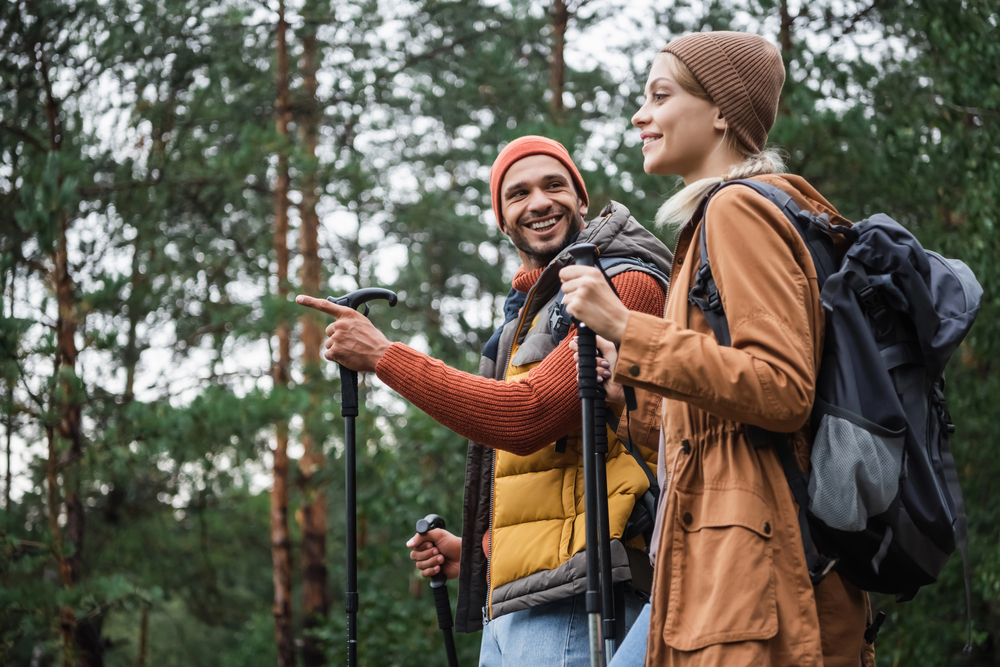
Solo doesn’t have to mean lonely. Look for opportunities to meet other travelers along the way; join walking tours, eat at hostel common areas, or attend local events. Many cities have Facebook groups or meetup apps specifically for travelers and expats. Travel forums and apps like Meetup, Bumble BFF, or even location-based features on travel apps can help you find people with similar interests. Sometimes a simple conversation with another traveler can turn into a day of exploration together. This takes the edge off that solo anxiety while still maintaining your independence.
Have a Backup Plan
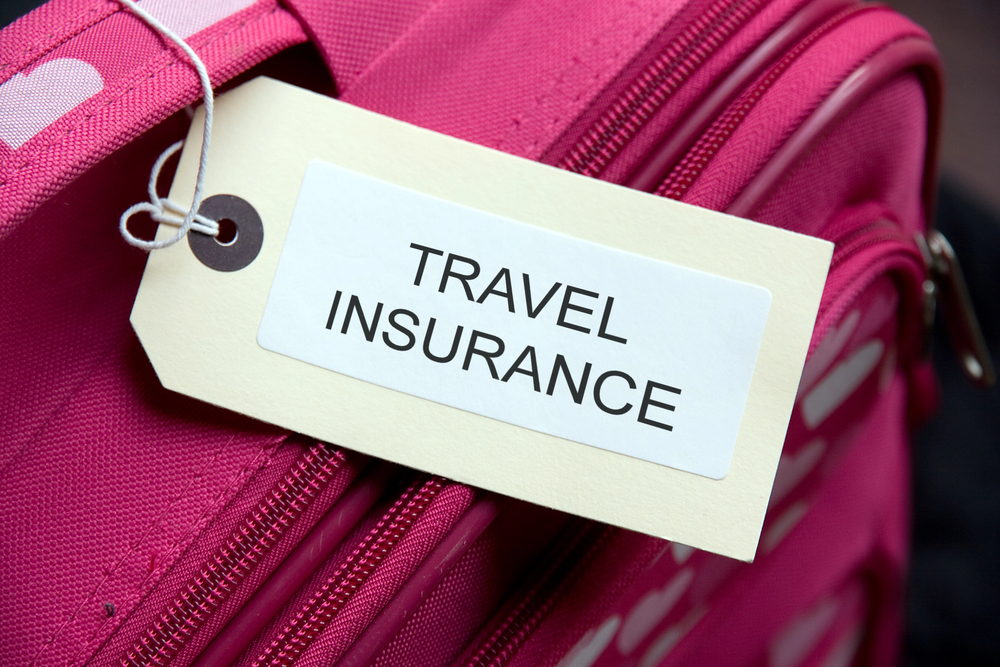
Things go wrong when you travel. Flights get canceled, hotels lose reservations, weather ruins outdoor plans. Having backup options reduces anxiety because you know you can handle whatever comes up. Research alternative accommodations near your hotel, know multiple ways to get to the airport, and have indoor activity options for rainy days. Keep important documents backed up both digitally and in hard copy, stored in separate places. Consider travel insurance, especially for international trips. It’s a small price to pay for peace of mind when you’re handling everything alone.
Practice Self-Care
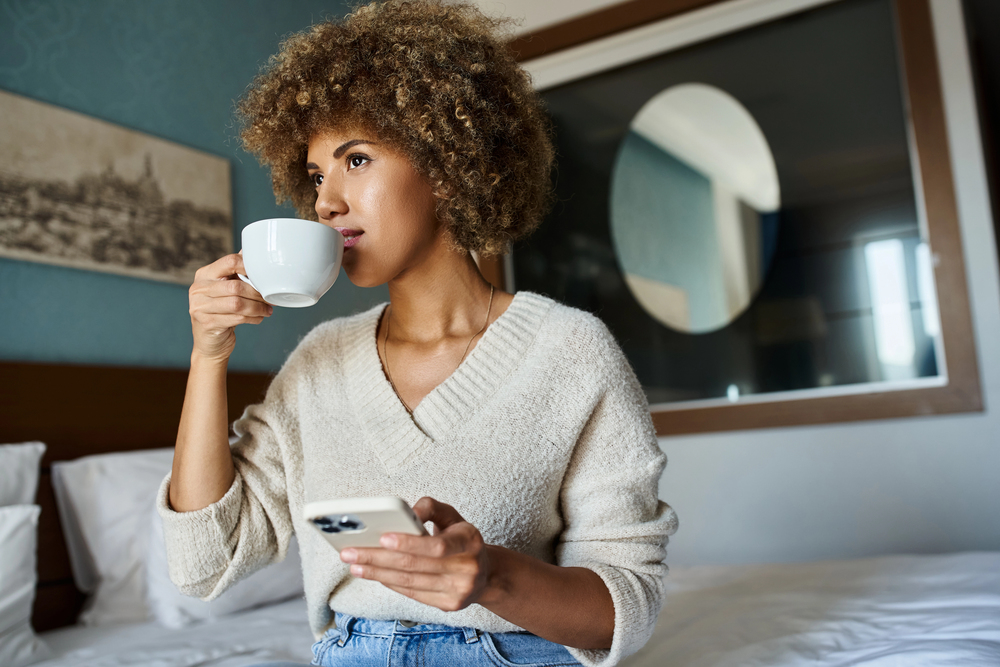
Traveling solo can be emotionally and physically exhausting, even when everything goes perfectly. Build downtime into your itinerary instead of trying to cram in every possible attraction. Find small comforts that help you relax; maybe it’s a familiar coffee chain, a good book, or calling home before bed. Don’t feel guilty about spending a morning sleeping in or an afternoon people-watching in a park instead of checking off another museum. Solo travel is about experiencing things at your own pace, not proving how much you can handle. Listen to your body and mind, then adjust your plans accordingly.
Document Your Journey
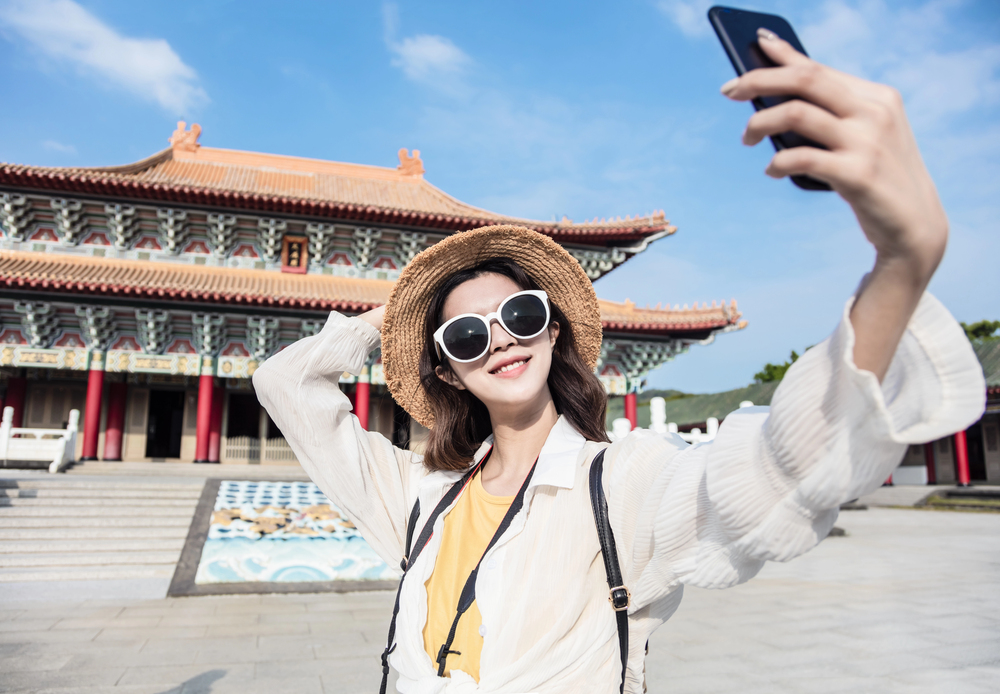
Taking photos and keeping a travel journal serves a dual purpose. It helps you process your experiences while creating positive memories you can look back on later. When anxiety starts creeping in, you can remind yourself of all the challenges you’ve already overcome and amazing things you’ve already seen. Share updates with friends and family back home, not just for safety reasons but because their excitement and encouragement can boost your confidence. Many solo travelers find that documenting their journey helps them appreciate small victories they might otherwise overlook.
Celebrate Small Wins

Solo travel is full of tiny victories that deserve recognition. Successfully navigating a foreign subway system, ordering a meal in another language, or simply spending an entire day exploring without anything going wrong. These moments matter. Acknowledge your courage for taking the trip in the first place, because solo travel requires a special kind of bravery that not everyone possesses. Buy yourself a nice dinner, treat yourself to that souvenir you’ve been eyeing, or simply take a moment to feel proud of what you’re accomplishing. These small celebrations build confidence for future adventures while helping combat any lingering anxiety.
Turn Fear into Excitement
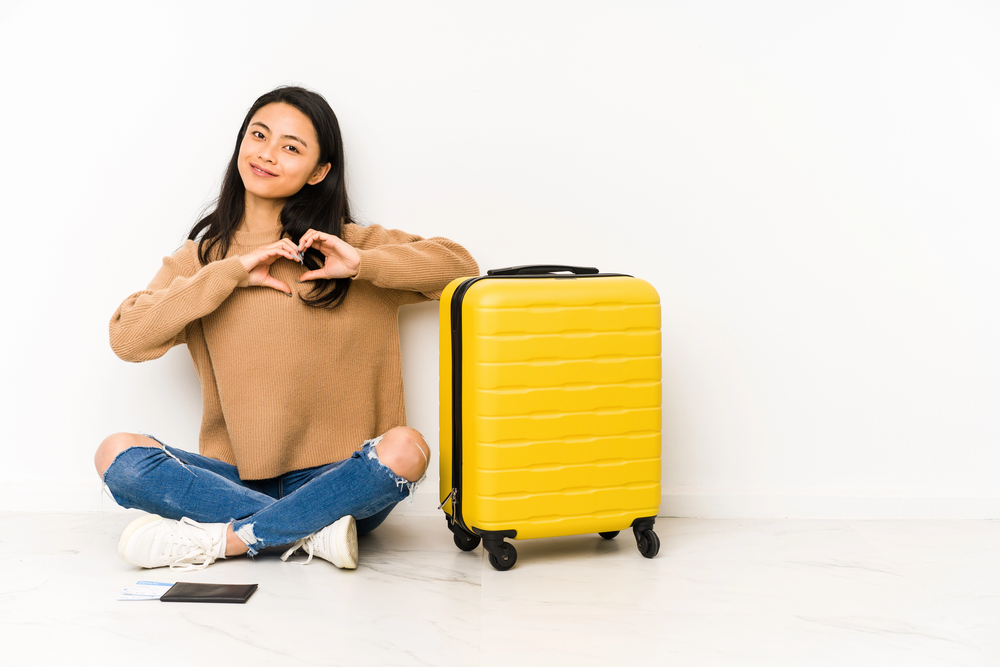
The physical sensations of fear and excitement are remarkably similar. Increased heart rate, butterflies in your stomach, heightened awareness. The main difference is how your brain interprets these feelings. Instead of telling yourself ‘I’m nervous about this trip,’ try reframing it as ‘I’m excited about this adventure.’ This isn’t just positive thinking nonsense; research shows that reappraising anxiety as excitement can actually improve performance and enjoyment. The nervousness you feel before solo travel often transforms into incredible pride and confidence once you’re actually doing it. Every solo traveler has moments of doubt, yet most will tell you that conquering those fears leads to some of their most treasured memories.
The Solo Travel Revolution
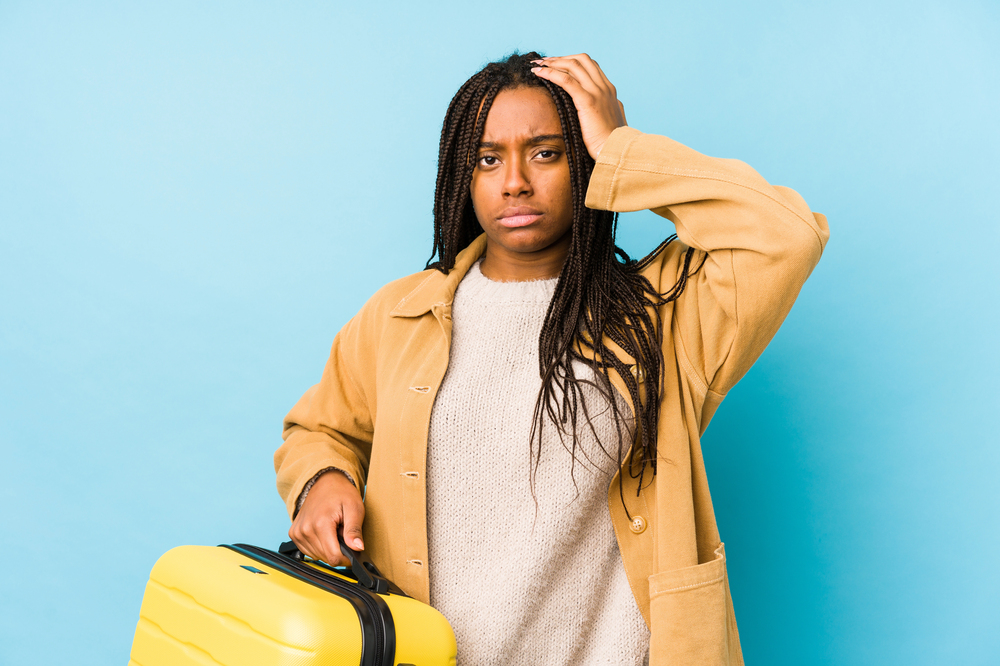
Solo travel anxiety is really just fear of the unknown dressed up in worst-case scenarios. Once you take that first trip and realize you can handle navigation hiccups, language barriers, and eating dinner alone without the world ending, something shifts. You start to see challenges as puzzles to solve rather than disasters waiting to happen. The skills you develop as a solo traveler—confidence, problem-solving, adaptability—stick with you long after you return home. What started as anxiety transforms into a deep sense of self-reliance and adventure that no amount of group travel can replicate.
More from Travel Pug

- 20 Best Beach Towns in the Carolinas
- 13 Destinations Where Tourists Regularly Regret Their Trip
- 20 Things You Actually Get in First Class
- 20 Small Airports With Aviation Museums
- 20 Places in the U.S. That Are Perfect for a Reset Trip
Like Travel Pug’s content? Follow us on MSN.
